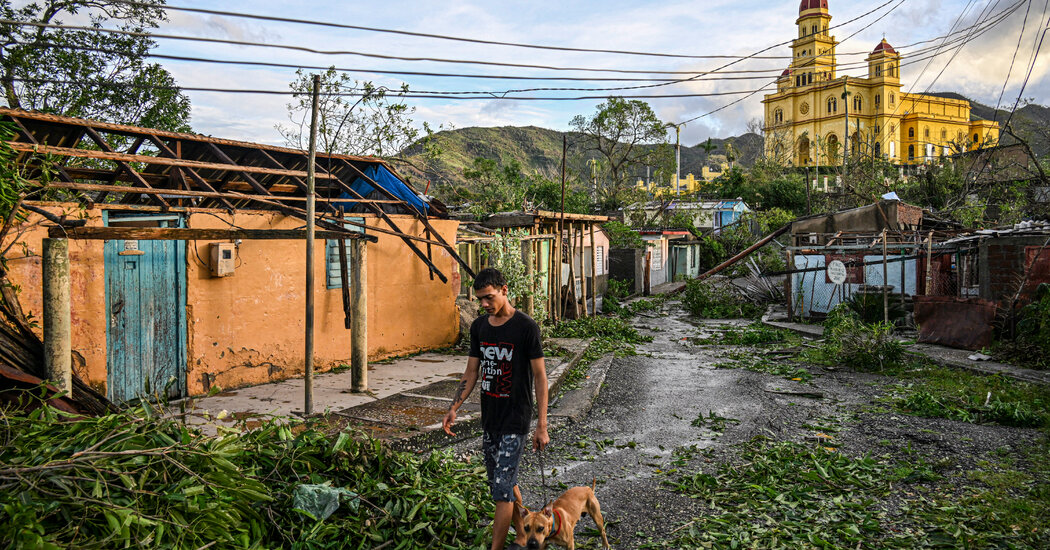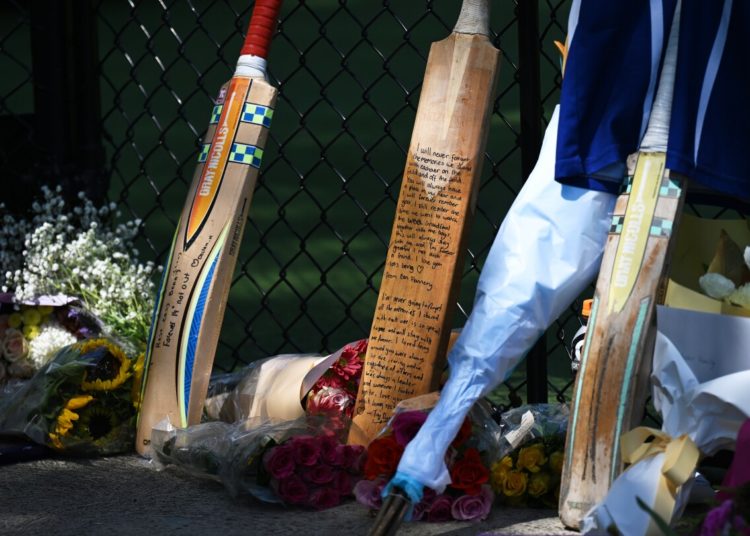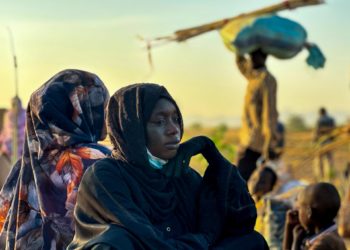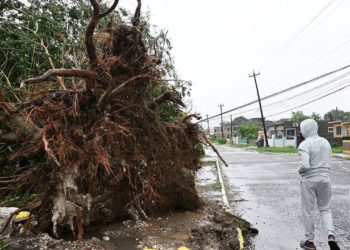A United Nations official said on Thursday that preliminary reports showed about two million people in Cuba who faced great need — including shelter, food, water and health care — after Hurricane Melissa blew through the island.
The official, Francisco Pichon, the U.N.’s resident coordinator for Cuba, said Melissa had caused extensive damages to housing, infrastructure, farming, schools and power lines. At least 240 communities had been cut off because of landslides and power cuts, he added.
Cuba needs broad international support, he said, but has been excluded from the international financial institutions because of a blockade and U.S. sanctions.
“This makes it very difficult for the country to finance disaster response,” Mr. Pichon said.
Earlier, Secretary of State Marco Rubio announced that the U.S. State Department had issued a formal Declaration of Humanitarian Assistance for Cuba in response to Hurricane Melissa. He said the United States was prepared to provide aid to the island “directly and via local partners who can most effectively deliver it to those in need.”
Mr. Rubio noted that U.S. law, which forbids nearly all commerce with Cuba, includes “exemptions and authorizations relating to private donations of food, medicine, and other humanitarian goods to Cuba, as well as disaster response.”
Mr. Rubio has long been one of the fiercest critics of Cuba’s government and a supporter of strict economic sanctions on the island.
Cuba rarely accepts handouts from the U.S. government and has historically claimed it can meet the essential needs of its citizens. But a deepening economic crisis on the island has severely undermined its institutional capacity.
Cuba’s deputy minister of foreign affairs suggested on social media Thursday, however, that the government might be willing to receive disaster assistance from the United States in the wake of Hurricane Melissa, which flooded towns and cities in eastern Cuba.
The minister, Carlos Fernández de Cossio, wrote, “We have contacted the State Department and we are waiting for clarification on how and in what manner they are willing to help.”
The Cuban authorities had evacuated more than 700,000 people from eastern Cuba before Melissa struck, but the capacity of the state to aid those stricken in the aftermath of hurricanes has declined in recent years.
Citizen initiatives are helping to plug the gap. In Bayamo, where zinc roofs flew away and housing collapsed when Melissa hit early on Wednesday, Diana Iglesias, 50, is one of those involved in clearing up.
She is a volunteer with an organization supported by locals and donations from the Cuban diaspora in the United States.
Ms. Iglesias is handing out food, clothes and sanitation products to people hit particularly hard by the storm.
“We help each other,” she said by telephone, as her eldest son cooked spaghetti for dozens of people displaced by flooding.
Emiliano Rodríguez Mega contributed reporting.
Farnaz Fassihi is the United Nations bureau chief for The Times, leading coverage of the organization. She also covers Iran and has written about conflict in the Middle East for 15 years.
Michael Crowley covers the State Department and U.S. foreign policy for The Times. He has reported from nearly three dozen countries and often travels with the secretary of state.
The post U.S. Says It Is Prepared to Aid Cuba After Extensive Hurricane Damage appeared first on New York Times.




